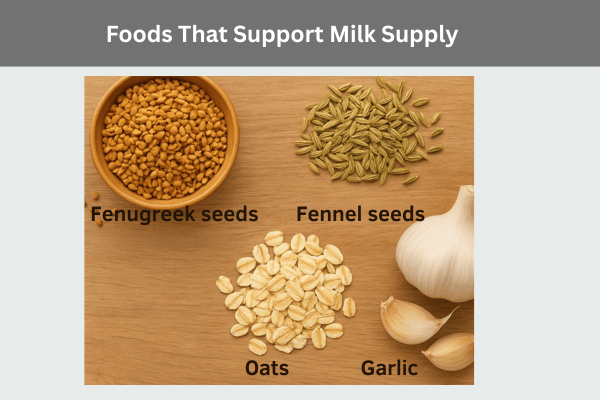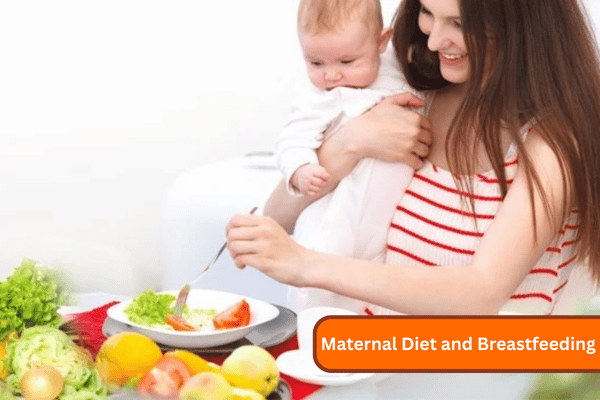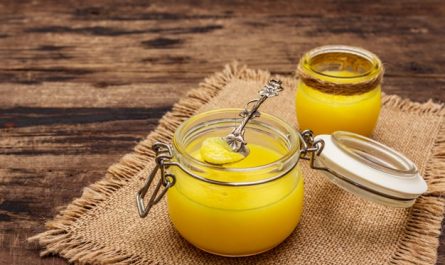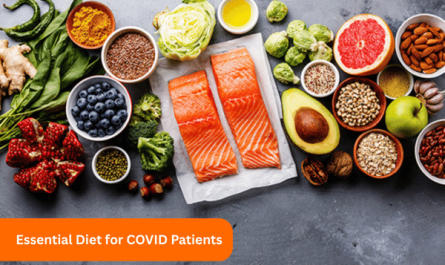Maternal Diet and Breastfeeding Guide
The first few months after childbirth can be both joyful and overwhelming. As a new mother, you’re adjusting to sleepless nights, caring for your baby, and healing from delivery. Amidst this, your diet plays a powerful role—not only in your recovery but also in supporting your baby’s growth through breastfeeding.
What you eat can affect your milk supply, your energy levels, and even your baby’s comfort. In this blog, we’ll cover essential dietary guidelines for breastfeeding mothers, foods to include, foods to avoid, hydration needs, common myths, and when to seek expert advice.
Why Maternal Diet Matters During Breastfeeding

Breast milk is nature’s perfect food for your baby. It contains the right balance of nutrients, antibodies, and enzymes. But your own diet influences the quality and quantity of milk you produce.
- Eating a balanced diet helps maintain your energy while nursing.
- Certain foods can enhance milk production.
- Nutrient deficiencies in mothers may affect both mother and baby.
Your diet doesn’t need to be complicated—it just needs to be nourishing and consistent.
Key Nutrients for Breastfeeding Mothers
Protein
Protein helps repair tissues after childbirth and keeps you full.
- Include foods like eggs, lean meats, fish, dairy, lentils, beans, and nuts.
Iron
Iron supports blood recovery and prevents fatigue.
- Good sources: spinach, beetroot, lean red meat, jaggery, and fortified cereals.
Calcium
Breastfeeding mothers lose calcium from their bones. Replenishing it is crucial.
- Milk, curd, cheese, ragi, sesame seeds, and green leafy vegetables are excellent options.
Omega-3 Fatty Acids
These support your baby’s brain and eye development.
- Include walnuts, chia seeds, flaxseeds, and oily fish like salmon.
Vitamins
- Vitamin D helps calcium absorption and supports immunity. Sunlight exposure is helpful.
- Vitamin B12 is crucial, especially for vegetarian mothers. Sources include milk, curd, and fortified foods.
Foods That Support Milk Supply
Some traditional foods are believed to promote milk production. While scientific evidence is limited, many mothers find them helpful:

- Fenugreek seeds: Commonly used in Indian kitchens, known to support lactation.
- Fennel seeds: Aid digestion and may enhance milk flow.
- Oats: Rich in iron and fiber, support energy and lactation.
- Garlic: Adds flavor and may help improve milk supply.
Always try these in moderation and observe how your baby responds.
Foods to Limit or Avoid
Your baby’s digestive system is still developing. Some foods may cause discomfort or fussiness.
- Caffeine: Too much can make your baby irritable and affect sleep. Limit to 1–2 cups of tea or coffee a day.
- Spicy and oily food: May cause gas or colic in some babies.
- Alcohol: Should be avoided during breastfeeding as it passes into breast milk.
- Highly processed foods: Offer little nutrition and may affect your energy levels.
Hydration and Fluids
Breast milk is 87% water. Staying hydrated is essential for milk production.
- Drink 8–10 glasses of water daily.
- Herbal teas like chamomile or fennel tea can be soothing.
- Soups, coconut water, and buttermilk are hydrating and nutritious.
- Avoid excess sugary drinks and sodas.
Practical Eating Tips for New Mothers
- Eat small, frequent meals to keep energy steady.
- Keep healthy snacks like roasted chana, fruit, or yogurt handy.
- Plan simple, home-cooked meals that don’t take too much time.
- Accept help from family or prepare meals in advance.
Common Myths About Maternal Diet and Breastfeeding
- “Mothers should drink milk to make milk.”
While milk is healthy, it’s not necessary for producing breast milk. What matters is overall nutrition. - “Avoid certain foods like dal or cauliflower.”
Unless your baby shows signs of discomfort, you don’t need to cut these foods. - “Spicy food is always bad.”
Many babies tolerate spices well. Only adjust if your baby reacts. - “You need to eat for two.”
Your body needs about 500 extra calories, not double portions. - “Formula is better if you’re not eating perfectly.”
Even with a basic diet, breast milk is usually the best nutrition for your baby.
Consulting a Nutrition Expert
Every mother’s body and baby are different. A personalized diet plan ensures your nutritional needs are met.
Deepak KD is a practicing nutritionist, consultant, trainer, social worker, and entrepreneur. She is actively involved in clinical practice, managing health problems such as diabetes, hypertension, cardiac conditions, obesity, underweight issues, gastrointestinal problems, allergies, sports nutrition, pre and post-pregnancy diets, child nutrition, and post-surgery recovery diets.
Consult her at:
D’FAB U Thane
Kabra Galaxy, Brahmand, Thane, India
Or visit:
Borivali West, Mumbai 400092
For appointments, you can call or visit the clinic directly.
FAQs
1. Can I eat everything while breastfeeding?
Most foods are safe. Only avoid those that upset your baby or cause you discomfort.
2. Do I need supplements while breastfeeding?
Sometimes. Iron, calcium, vitamin D, or omega-3 supplements may be needed. Consult your doctor.
3. How many extra calories do I need daily?
Around 500 calories more than your usual diet is enough for most women.
4. Will drinking more milk or ghee increase breast milk?
There’s no direct link. Ghee and milk are healthy in moderation but won’t guarantee more milk.
5. My baby gets gassy after I eat certain foods. What should I do?
Keep a food diary. If a pattern shows up, reduce or eliminate that food.
Conclusion
A balanced maternal diet is key for both your health and your baby’s well-being during breastfeeding. By focusing on nutrient-rich foods, staying hydrated, and avoiding unnecessary restrictions, you can support smooth recovery and healthy milk production.
Every mother’s journey is unique. Don’t hesitate to seek guidance from a qualified nutritionist like Deepak KD if you need a personalized plan. With the right approach, you’ll feel stronger, more energetic, and confident in nourishing your baby.



